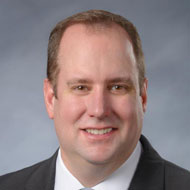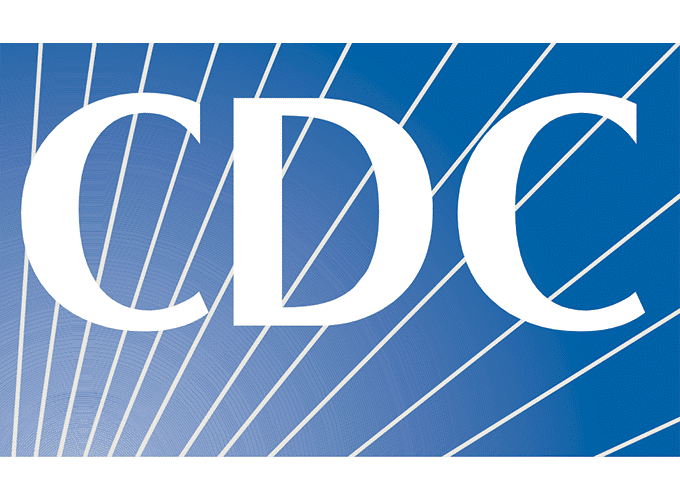
Share Your Expertise at the NCCHC Spring Conference on Correctional Health Care
Help shape the future of correctional health care.
Home NCCHC VP Jim Martin reappointed to three NSA committees
 Nov 2, 2021
Nov 2, 2021NCCHC Vice President of Program Development Jim Martin, MPSA, CCHP, has been reappointed to three committees of the National Sheriff’s Association. Mr. Martin will represent NCCHC on the NSA Education and Awards Committee, the NSA Jail, Detention, and Corrections Committee, and the NSA Youth Programs and Juvenile Justice Committee. The appointment was made by the 2021-2022 NSA President, Sheriff Vernon Stanforth, Fayette County (OH) Sheriff’s Office.
Mr. Martin served nearly 23 years in law enforcement, serving as a lieutenant and assistant jail commander with the Vanderburgh County Sheriff’s Office in Southern Indiana. His duties included serving as the command staff liaison for the Jail’s medical unit and the Community Mental Health Task Force. He oversaw the converting from paper records to an electronic jail management system, the move to an electronic kiosk commissary system, and a complete transition from face-to-face inmate visitation to total video visitation. He also established a robust field training program within the jail, which led to a state-approved jail officer training school.
Mr. Martin has spoken nationally on COVID-19 in corrections, correctional health care, mental health issues and care in our jails and prisons, tactical communications for health care workers, building better working relationships between custody and health care.


